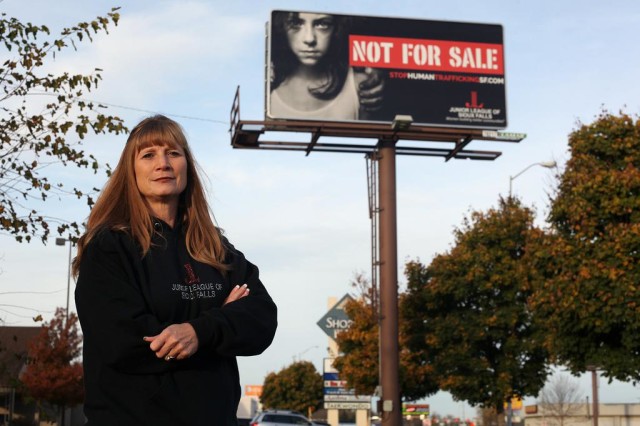Guest Blogger: Christian Lenty
There have been many times people have approached me about wanting to go to the red light district with the objective of talking to the men who go there in search of some form of entertainment. Their objective is to try to change these men’s behavior and/or mindset toward the women there or the sex industry in general.
As I thought about these requests, it led me to think about what it would be like if I carried a mirror with me wherever I went. Why a mirror? A mirror is good to have because when I hold it up to stare at my reflection, I am reminded of where I have been and the journey I had to take so I could be where I am right now.
You see, when we as Christians look in the mirror it gives us a glimpse of the past when our lives were not about God nor were they lived for Him. Yet at the same time, we should also clearly see a new person who has been transformed by His loving and gracious touch, a redeemed and restored living testament of His grace and mercy towards us.
I wonder what another man would see if he happened to look in my mirror? Would he see a finger pointing back at him? Would he see someone with his back turned to him in disgust? Or would he perhaps see someone whose life’s journey and story relate to his? Would he see someone willing to walk alongside him to demonstrate that a life of restoration and redemption was possible, even for him?
It is my sincere desire that they only see the face of Jesus when they look in my mirror, not mine. May they see His desire to overwhelm them with His love. May they see His great ability to wipe away the shame that may ensnare them. May they see themselves wrapped in the arms of a loving Father. May they see a small glimpse of the transformed life He desires to give them. Ultimately, may they see that the only one true power that continually restores me is the very same power that will restore them.
We should always take our mirror with us wherever we go. I have my mine, do you?
Learn more here! www.justfaithsummit.org
About Christian:

Christian Lenty is the founder and director of The MST “Men and the Sex Trade” Project, a ministry that seeks to mentor men into a pursuit of sexual purity and greater spiritual wholeness. The MST Project engages in ministry to men who engage in the sex industry. He directly engages men involved in the sex industry acknowledging their brokenness–seeking to help them turn their lives around, and introducing them to the saving power of Jesus Christ. The ministry has written a book titled “A Pathway to Purity” for men… dealing with addiction and struggles that can be done individually, in a group, or through mentorship with a MST team member. His work is used by groups in the U.S. and he has developed mentors for men looking to break free from sexual impurity. He has lived and worked in Thailand for over 14 years and resides in Bangkok with his wife, Nui.
This blog post was originally part of our 2016 Faith Summit Speaker Blog Series.







